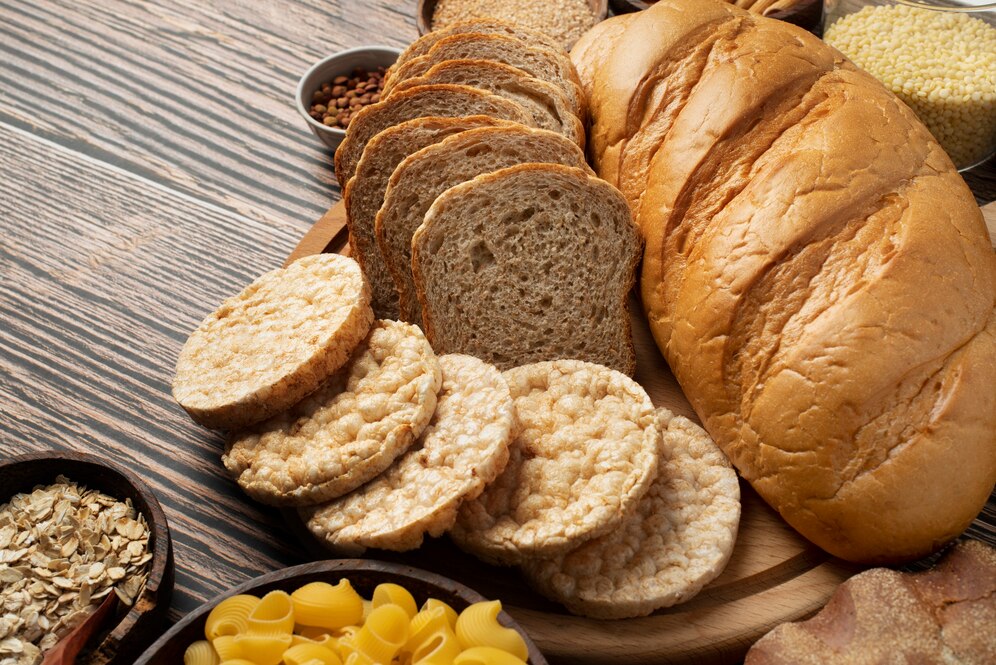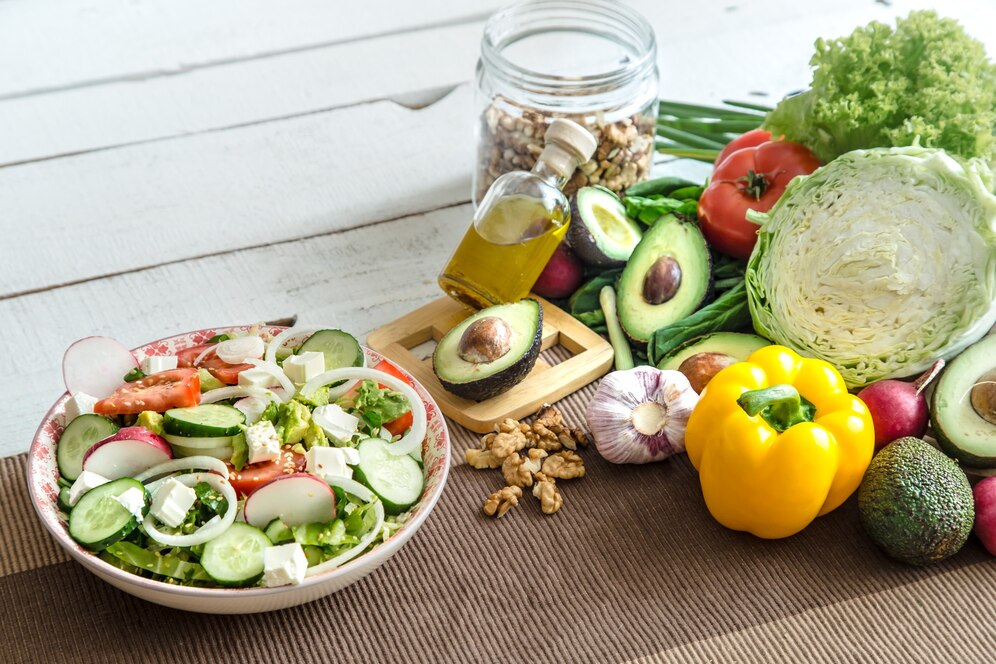
From Myth to Fact: Debunking Popular Nutrition Myths
Building healthy eating habits is a surefire way to promote overall wellness. When you’re eating healthy and getting proper nutrition from your food intake, you’ll get more energy and avoid contracting illnesses.
July is Nutrition Month in the Philippines, a time dedicated to promoting healthy eating habits and spreading awareness about nutrition. This year’s theme is “Sa PPAN: Sama-sama sa Nutrisyong Sapat Para sa Lahat!” emphasizing the importance of collective efforts to achieve adequate nutrition for everyone.
In celebration of Nutrition Month, let’s debunk some of the most common nutrition myths that often mislead people on their journey to a healthier lifestyle. Here are some of the most popular nutrition myths debunked:
Myth 1: All Processed Foods are Unhealthy

Reality:
Not all processed foods are bad for you. The term “processed” refers to any food that has been altered from its original state, which includes everything from bagged spinach to canned tuna. While they get a bad rep, they can be beneficial, especially when they make healthy options more accessible. For example, frozen or canned fruits and vegetables are processed but still retain most of their nutrients.
On the flip side, certain foods considered “over-processed” can be detrimental to your health. These types of food typically have added sugar, saturated and trans fats, excess sodium, and more calories that are nutrient-deficient. Americans consume a disproportionately large amount of over-processed food and studies have shown that consuming too much of it can lead to health conditions like diabetes, obesity, and some cancers.
Myth 2: You Need to Avoid Gluten to Lose Weight

Reality:
Going gluten-free is necessary only for those with celiac disease or gluten sensitivity. Gluten-free foods are not inherently healthier and can sometimes be higher in calories and lower in vitamins and nutrients than their gluten-containing counterparts.
Whole grain options like whole wheat pasta and brown rice are excellent sources of fiber and other nutrients that support a healthy lifestyle. In fact, there can be protein found in these products which could aid in several bodily functions. So unless you have a medical reason to cut gluten, there’s no need to go on a full gluten-free diet.
Myth 3: Eating Fat Makes is Bad for Weight Loss

Reality:
Not all fats are created equal. Healthy fats, such as those found in olive oil, canola oil, nut butters, and avocados, are essential for a balanced diet. They help absorb vitamins, provide energy, and support cell growth, which are essential things if you’re trying to lose weight. The key is to avoid trans fats and limit saturated fats while incorporating “good” fats into your diet. Fat-free products often compensate for the lack of fat by adding sugar, which can contribute to weight gain.
Myth 4: All Carbs are Bad
Reality:
Carbohydrates are a vital part of a healthy diet, providing the energy your body needs to function properly. The focus should be on choosing complex carbohydrates like whole grains, whole fruits, and vegetables over refined starches and added sugars. Whole grains, such as quinoa and millet, offer more nutrients and fiber than refined grains like white bread.
While it’s true that a low-carb diet can lead to quick weight loss, it’s not the only way to achieve it. It’s also challenging to sustain low-carb diets over long stretches of time. Carbohydrates are an essential part of a balanced diet, providing energy and nutrients. Instead of eliminating carbs, focus on consuming complex carbohydrates and whole grains, and avoid refined sugars and starches.
Myth 5: Detox Diets are Necessary for Cleansing

Reality:
There’s a vast range of detox diets, including the omission of all animal products or cutting out sugar completely. These claim to cleanse your body of toxins, but there’s no scientific evidence to support these claims. Your liver, kidneys, and digestive system are designed to eliminate toxins naturally. Instead of following a restrictive detox diet, focus on eating a variety of nutrition-dense food, drinking plenty of water, and maintaining a healthy lifestyle.
Myth 6: You Should Avoid All Dairy Products
Reality:
Dairy products can be part of a healthy diet if you choose the right kinds. High-fat dairy products like whole milk and cheese should be consumed in moderation, but low-fat or fat-free options can be beneficial. Dairy provides essential nutrients like calcium and vitamin D, which are important for bone health. If you’re lactose intolerant, opt for lactose-free/fat-free dairy or fortified plant-based alternatives.
Myth 7: All Vegetarian Diets Help You Lose Weight and Stay Healthy

Reality:
A vegetarian diet can be healthy if it includes a variety of fruits, vegetables, whole grains, and lean proteins. However, it’s possible to follow an unhealthy vegetarian diet that’s high in empty calories and low in essential nutrients.
In some cases, eating lean meats and having a variety of food from the different godo groups may be better for your overall health. Focus on balanced, nutrient-dense food choices to ensure a healthy vegetarian diet.
Myth 8: You Need Supplements to Get All Your Nutrients
Reality:
Most people can get all the nutrients they need from a balanced diet rich in nutritious foods. Supplements can be beneficial in certain situations, such as during pregnancy or for individuals with specific deficiencies, but they should not replace a healthy diet. Whole foods provide a variety of nutrients that work together to support your health.
Stay on Track With Your Nutrition Goals at Camella

With all these nutrition myths debunked, you can make a proper eating plan that incorporates nutritious food and healthy fat. Whether you’re trying to lose weight or gain weight, Camella supports your health journey by ensuring that you have access to supermarkets and grocery stores where you can shop for fresh ingredients and produce.
Additionally, Camella communities put a premium on health and fitness facilities. For one, our gated communities have walking and jogging paths, a basketball court, and a swimming pool where you can lead an active lifestyle and work out in the comfort of your home.
Understanding the facts about nutrition can help you make better food choices and support a healthier lifestyle. This Nutrition Month, let’s commit to debunking these common nutrition myths and promoting accurate, science-based information for everyone’s benefit.

Celebrate Life’s Milestones in Camella!
Make unforgettable memories in a Camella home.
Our communities are designed to elevate your living experience.


